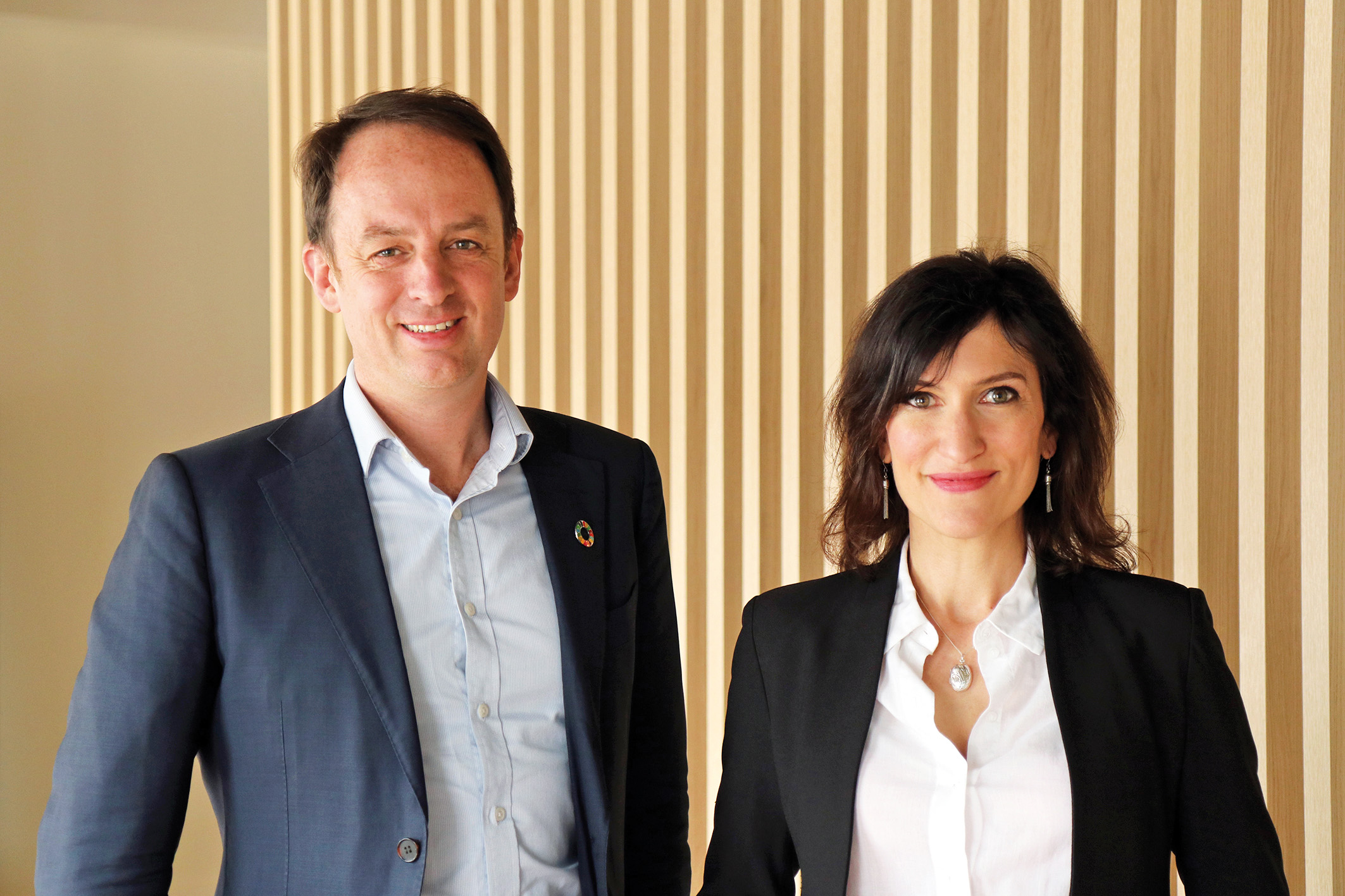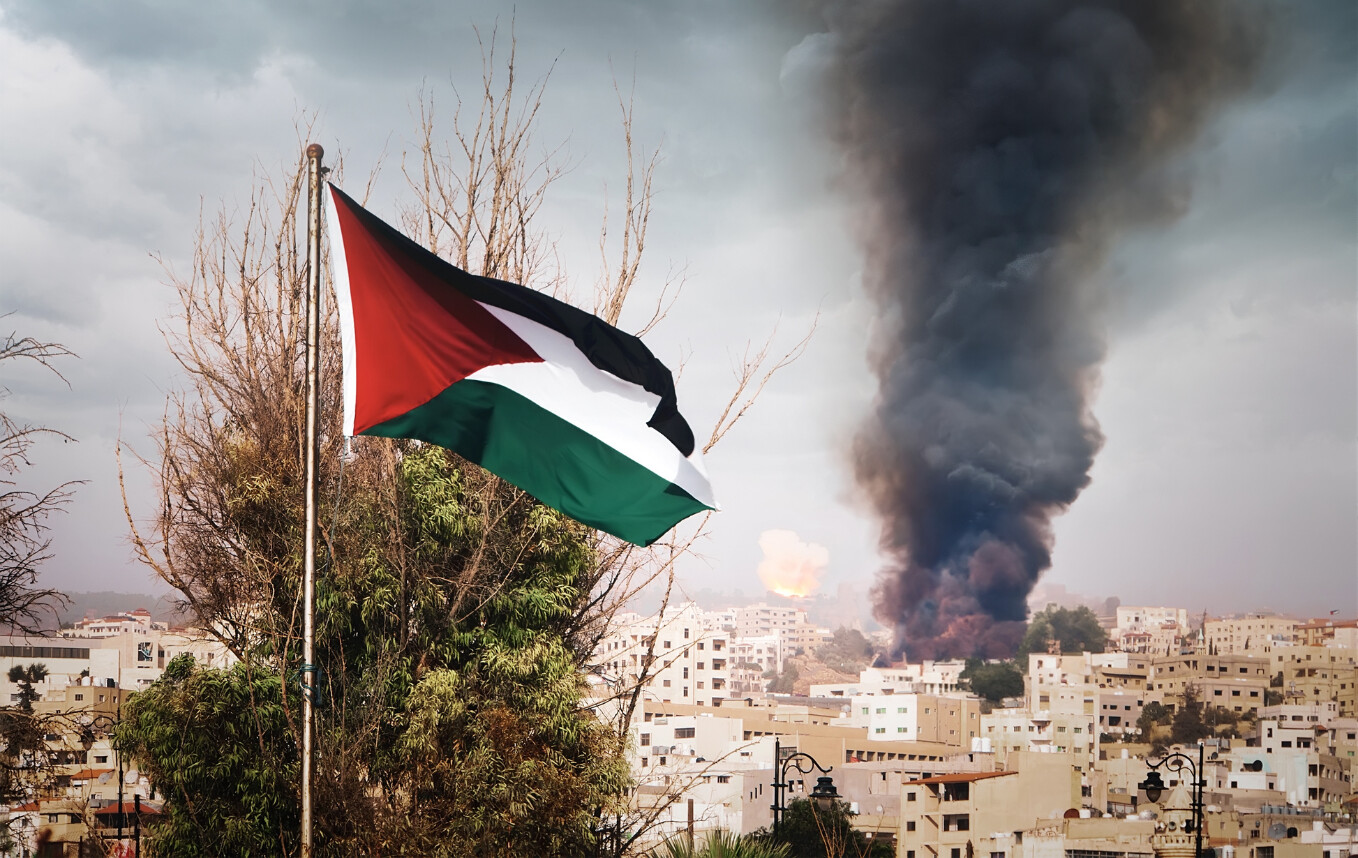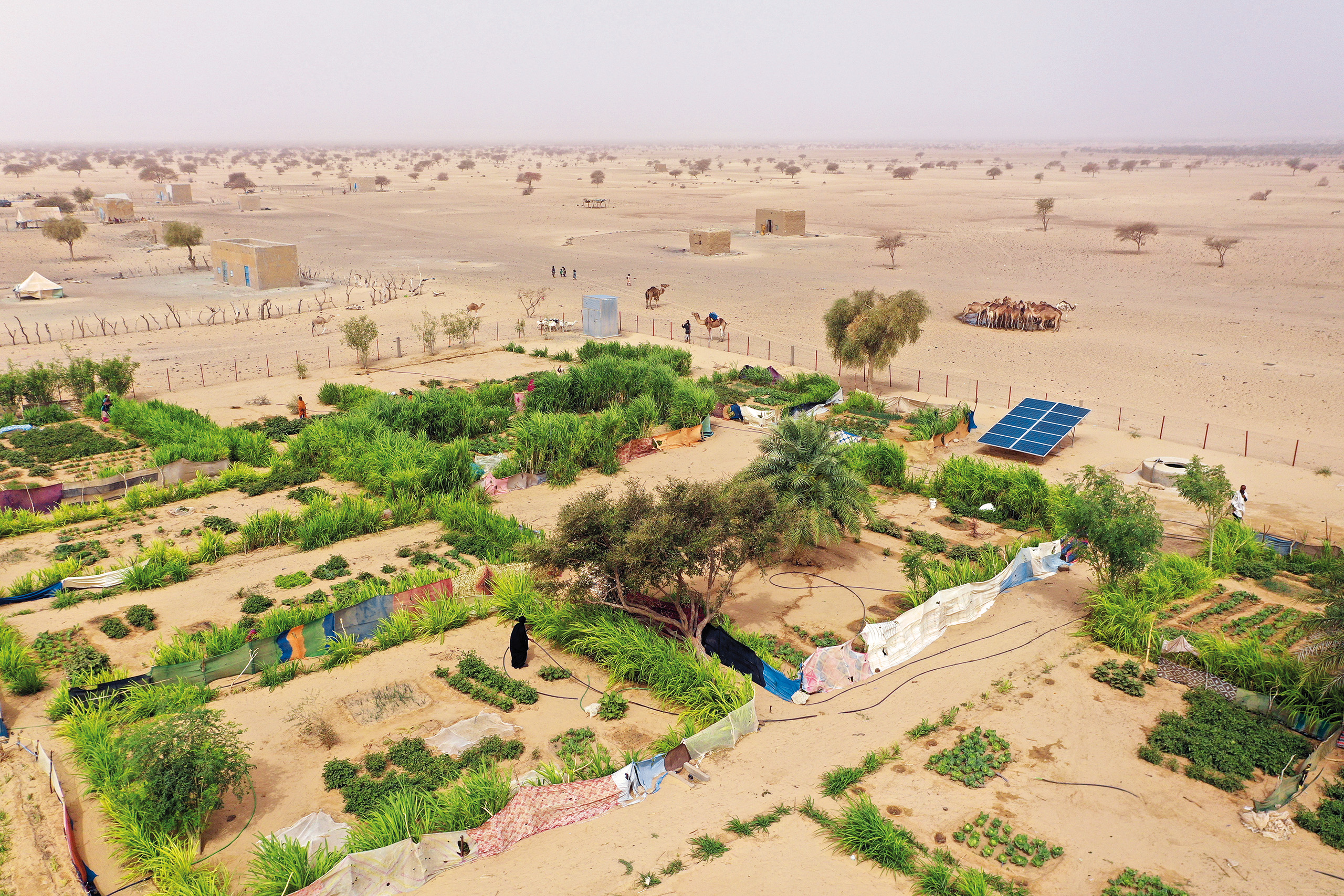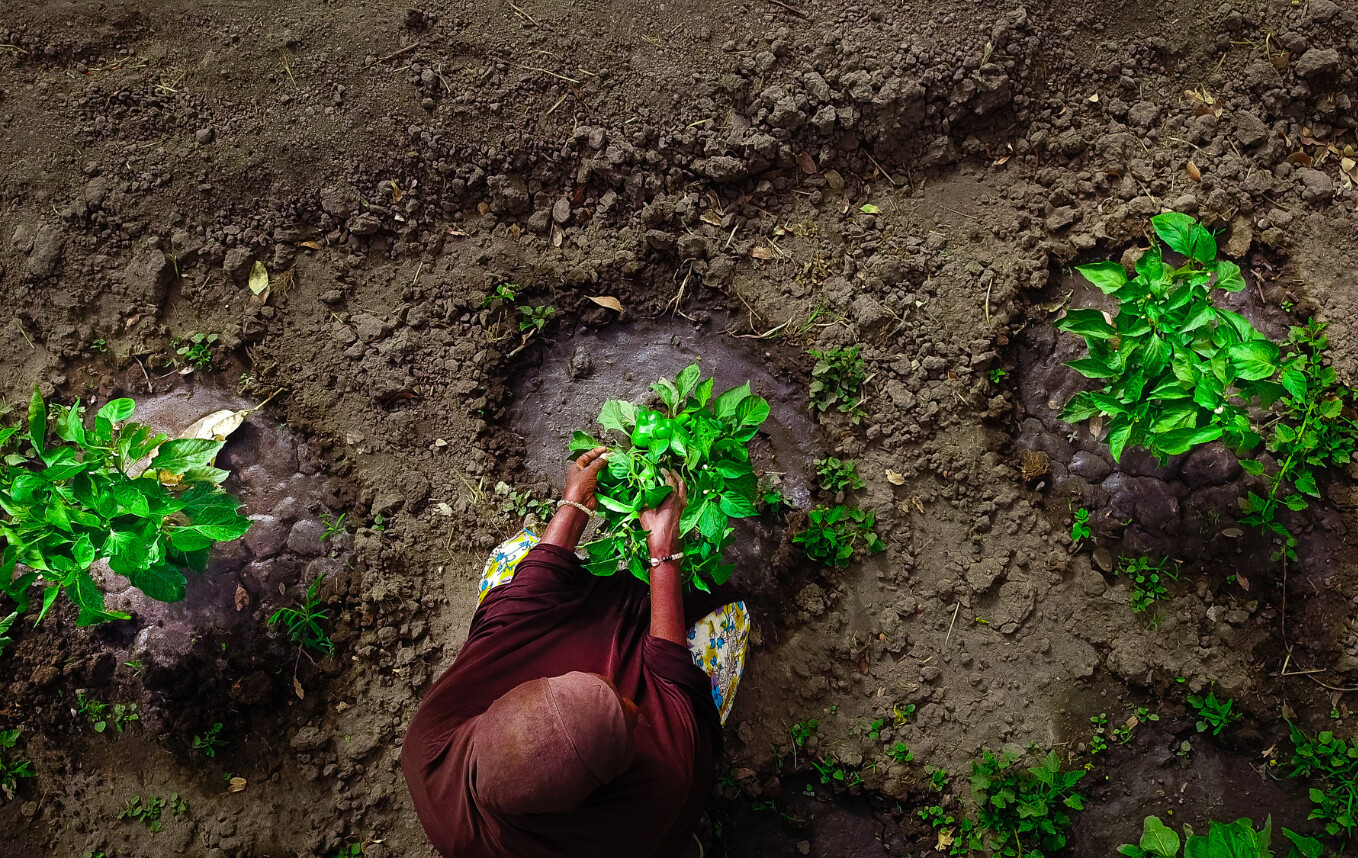Regardless of Sahel region’s instability, international cooperation remains essential

Over the last three years, a wave of coups d’état hit the Sahel region. Seven countries were affected, from Guinea on the Atlantic Ocean to Sudan on the Red Sea. Five coups were military, namely in Mali, Burkina Faso, Guinea, Niger and Gabon, while Chad and Sudan experienced constitutional coups.
The disparate international reactions to these coups underline how complex the intense regional and international competition between the major powers is. Africa has become a crossroads of geopolitical acquisitiveness. China and Russia in particular organise massive disinformation campaigns aimed at undermining the West; but also the Gulf States, such as the United Arab Emirates and Qatar, make use of their colossal financial means.
Defend to improve cooperation
While Europe has strategic interests in Africa, its influence there is diminishing rapidly. As a result, European and Belgian cooperation with Africa, which is based on a logic of solidarity, must adapt to this new global geopolitical situation.
On the one hand, international cooperation and foreign policy doctrines need to pool their expertise and work together. Diplomacy allows creating a peaceful framework that is conducive to international cooperation and partnerships on an equal footing.
On the other hand, the war in Ukraine confirmed what most States seemed to have overlooked: Europe should be able to prevent any external interference and increase the budgets allocated to defence.
But it would be a mistake to sell off international cooperation, a driver of cooperation, in favour of military defence, a driver of security. Without peace, there can be no development… and vice versa. The geopolitical situation calls for a global approach: Thus, the aggiornamento of the European defence doctrine must go hand in hand with the strengthening of the instruments of international cooperation – including diplomacy – to create the conditions for peace, security and progress. More than ever, we need to invest in synergy and complementarity between them.
The new face of international cooperation
While the coups are unjustifiable in the eyes of our democracies, they must – at the risk of seeing others consolidate their authoritarian grip – not result in a cessation of all cooperation.
It is vital to convince our African partners to work together to address global challenges, contribute to the creation of added value on the African continent and strengthen our economic ties and international partnerships. Belgium is often appreciated for its modest and pragmatic approach, yet it must aspire to do even better. This means aligning its actions with the priorities formulated by the African States and using Belgian public expertise to create a real dynamic for change. This is how we can turn the international partnership into an instrument for sustainable cooperation.







